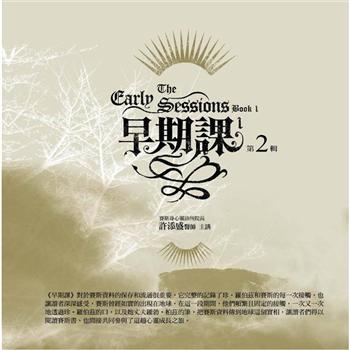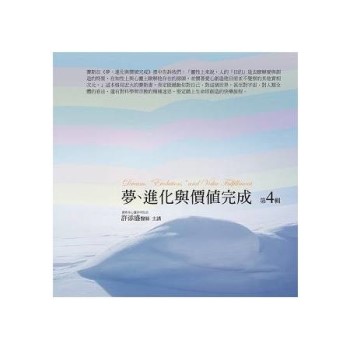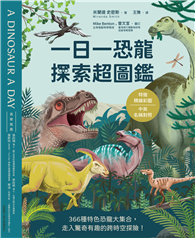The nature of truth is a current preoccupation both in political and social debates. The emergence and consequences of fake news and misinformation are at the core of what some call a post-truth world.
Divided into two parts, Language and Truth develops the theoretical framework of language, truth, and communication. The book illustrates the way in which fake news is adhered to or rejected using case studies taken from political discourse such as the recent use of the word’s "genocide" and "denazification" by Vladimir Putin. It explores sources of information such as gossip and the everyday as well as exceptional uses of language such as humour.
This is vital reading for scholars, researchers, and students of pragmatics, semantics, philosophy of language, cognitive psychology, sociolinguistics, language and communication, and language and politics within linguistics, psychology, and communication studies.












